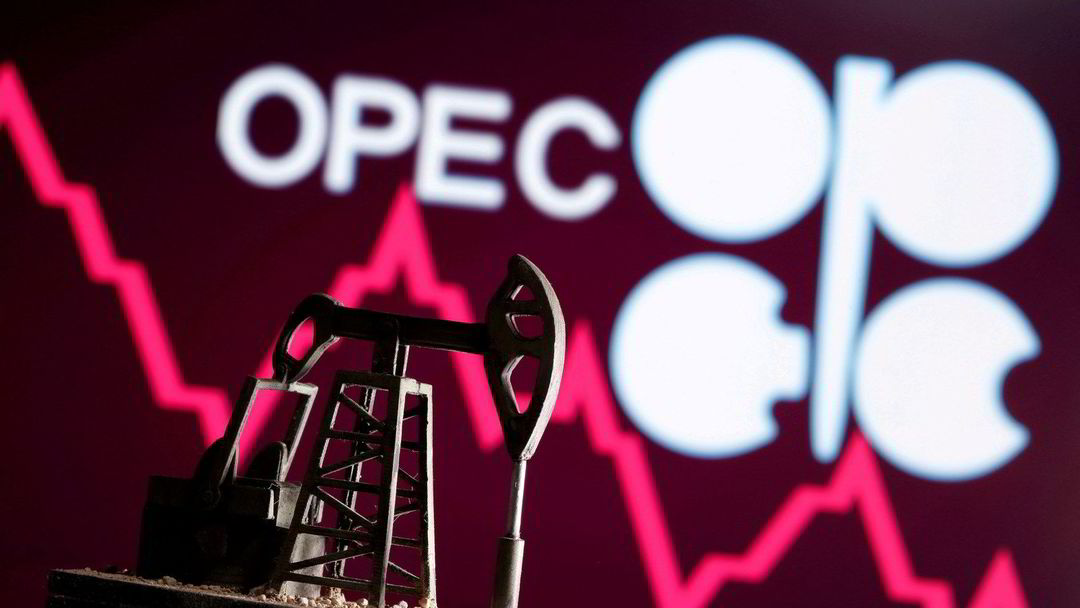Opec stands for the Organization of the Petroleum Exporting Countries. The purpose of the organization is to coordinate the countries’ petroleum policies and ensure a balance in prices in the world’s petroleum markets.
Member States: Algeria, Angola, Gabon, Iran, Iraq, Kuwait, Libya, Nigeria, Republic of the Congo, Saudi Arabia, United Arab Emirates and Venezuela.
Founded in 1960 by the five original member states of Saudi Arabia, Iran, Iraq, Kuwait and Venezuela.
In recent years, the cartel has worked closely with countries outside the organization, in what is called Opec +. Opec + consists of Opec members, plus ten other countries, the largest of which is Russia.
–
Disagreement over production quotas
According to Financial Times reports a source that no date has been set for when discussions will resume. Saudi Arabia and Russia have jointly put forward a proposal to gradually increase oil production to 400,000 barrels per day from August to December, but have so far met with much opposition from the Gulf state of the United Arab Emirates.
Opposition to extending the agreement is due to the fact that the United Arab Emirates disagrees with the figures that have been used to calculate how production should be regulated. The Gulf state believes they have a far higher production capacity than 3.2 million barrels per day, which has been used in the calculations. The country therefore wants to avoid being locked into an agreement with lower basic production.
The Emirates should not be the only ones dissatisfied with the proposal to Saudi Arabia and Russia . Sources from Opec + reports to Reuters that Azerbaijan, Kazakhstan, Kuwait and Nigeria should also have asked for new figures for their production capacity.
The article continues below the ad
–
Will not be able to meet demand anyway
The failed attempt to reach an agreement means that the expected increase in oil production from August will not take place, anonymous sources told Reuters. This is believed to have contributed to the trousers in the price.
DN has previously mentioned that Mike Muller, Asia’s head of the energy trading company Vitol, told Bloomberg that the supply of oil will in any case only cover a fraction of the coming demand. With positive vaccine news and the reopening of communities around the world , demand for oil is expected to rise.
Tensions between Saudi Arabia and the Emirates
The dispute over oil production may appear to reflect a major underlying conflict between Saudi Arabia and the Emirates. The latter has withdrawn from what was once economic and military cooperation in the Yemeni conflict. Saudi Arabia has also wanted to challenge the travel and business dominance of the United Arab Emirates in the region.
Unlike Saudi Arabia, which has no diplomatic relations with Israel, the Emirates also agreed with Israel to normalize relations between them in August 2020.(Terms) Copyright Dagens Næringsliv AS and / or our suppliers. We would like you to share our cases using a link, which leads directly to our pages. Copying or other use of all or part of the content may only take place with written permission or as permitted by law. For additional terms look here .
–
